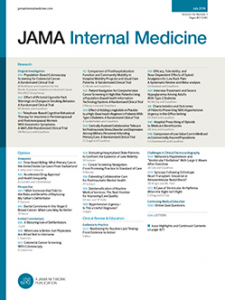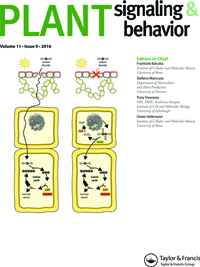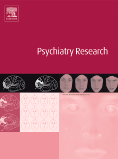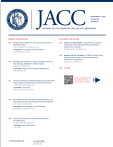 Two papers evaluating glucose meters — used by diabetics to monitor blood sugar levels — suggested that a couple of the devices don’t work as well as they should. Perhaps unsurprisingly, the companies that sell those meters objected to how the studies were conducted. By all accounts, the companies appear to be justified in their complaints.
Two papers evaluating glucose meters — used by diabetics to monitor blood sugar levels — suggested that a couple of the devices don’t work as well as they should. Perhaps unsurprisingly, the companies that sell those meters objected to how the studies were conducted. By all accounts, the companies appear to be justified in their complaints.
In both cases, researchers used blood drawn from veins to test the meters. But manufacturers of the WaveSense JAZZ and GlucoRx glucose meters said their devices are designed to work with fresh blood from a finger-prick. Both papers have now been retracted.
The retraction notice for “Technical and clinical accuracy of five blood glucose meters: clinical impact assessment using error grid analysis and insulin sliding scales,” published in 2015 in the Journal of Clinical Pathology, hints at the issue:
Continue reading Authors pull two papers about faulty glucose meters after industry prompts

 A few months ago, an author
A few months ago, an author 





